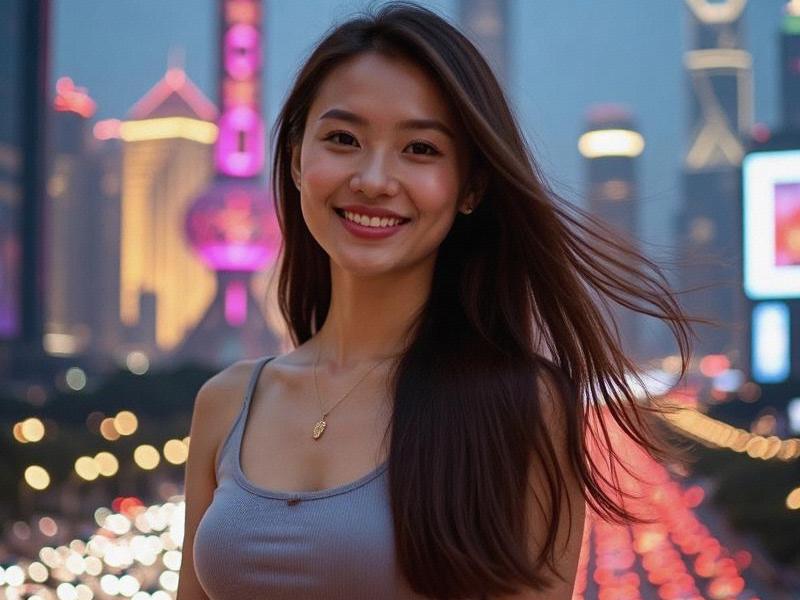This investigative piece explores how Shanghai's entertainment club industry has evolved into a sophisticated ecosystem blending Eastern and Western influences. Through interviews with club owners, cultural analysts, and patrons, we examine the trends shaping one of Asia's most dynamic nightlife scenes.

Shanghai's entertainment club scene has undergone a remarkable transformation over the past decade, evolving from simple KTV parlors to multi-dimensional leisure complexes that rival those in New York or London. The city now boasts over 3,000 registered entertainment establishments, generating an estimated ¥50 billion annual revenue for the local economy.
The modern Shanghai entertainment club blends multiple concepts under one roof - combining high-end dining, craft cocktail bars, private KTV rooms, and dance floors into seamless experiences. "Today's patrons want variety without moving locations," explains James Wang, owner of Eclat Club in Jing'an District. "Our members can enjoy Michelin-starred sushi, then transition to a private singing room, and finish the night on our rooftop champagne lounge - all without leaving the premises."
上海龙凤阿拉后花园 Cultural fusion defines Shanghai's most successful venues. MUSE 2 in Huangpu District merges traditional Chinese aesthetic elements with cutting-edge sound systems from Germany. Their signature "Jade Room" features Ming Dynasty-inspired decor while offering the latest augmented reality party effects. Meanwhile, Bar Rouge on the Bund maintains its Parisian roots while incorporating Shanghainese jazz influences into its weekly programming.
The government's "Night Economy" initiative has significantly impacted the industry. Since 2022, extended operating hours and streamlined licensing have allowed clubs to thrive. "The 4AM closing time extension was a game-changer," notes Li Na, manager of TAXX in Xuhui District. "We can now offer full dinner-to-dawn experiences comparable to international destinations."
上海贵人论坛
Luxury entertainment complexes like M1NT have raised the bar for exclusivity, offering membership tiers that include private elevators and celebrity chef consultations. Their shark tank (housing actual blacktip reef sharks) remains one of Shanghai's most Instagrammed nightlife features.
419上海龙凤网 However, challenges remain. Rising rents in prime locations like Xintiandi have forced some establishments to innovate with smaller footprints. "We've replaced large dance floors with intimate VIP pods that generate higher revenue per square meter," reveals Carlos Zhang of MODU in Hongkou District.
Technology integration represents the next frontier. Several forward-thinking clubs now employ facial recognition for VIP entry, AI-powered drink recommendation systems, and even holographic performers. The recently opened Galaxy Club in Pudong features interactive tabletops that allow guests to mix virtual cocktails while waiting for their real drinks.
As Shanghai continues to position itself as a global leisure destination, its entertainment clubs serve as cultural bridges - spaces where business deals get sealed over baijiu cocktails, where expats discover Chinese pop music in KTV rooms, and where the city's creative energy finds its most vibrant expression after dark.